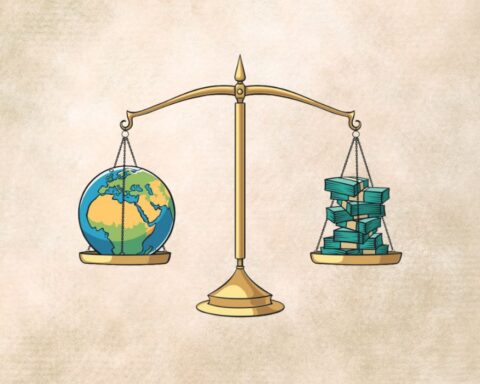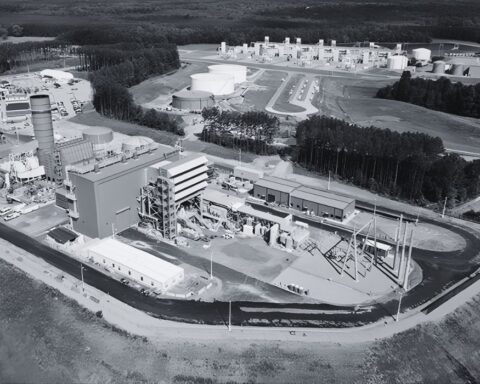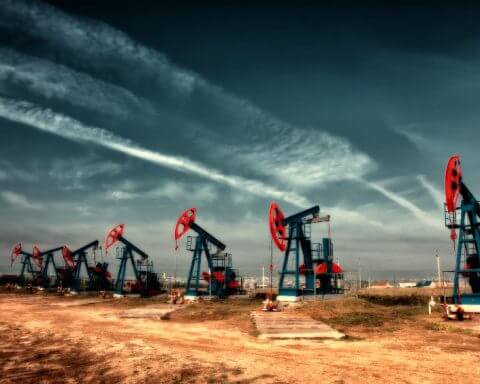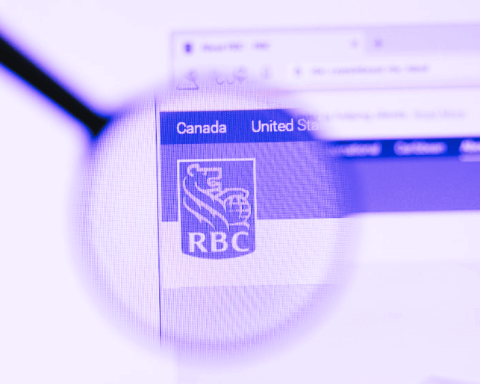In the wake of the big bank bailout in the U.S., Canadian financial institutions were quick to establish themselves as safe-houses for your money. The question of whether those institutions are environmentally and socially responsible is a house of a different colour.
Take the Deepwater Horizon Oil disaster. Suddenly the idea that “sunlight is the best disinfectant,” as stated by Supreme Court Justice Louis Brandeis became every investor’s personal motto when it comes to transparency, due diligence, and good governance.
What does oil have to do with responsible investing? Almost all Canadian responsible investment (RI) funds have stocks in oil sands, mining, and various other resource industries that comprise Canada’s worst greenhouse gas offenders.
“Counterintuitive, isn’t it? We hear from folks who are quite surprised to hear that socially responsible funds invest in oil sands because they don’t necessarily understand the lack of diversity in the Canadian market,” says Dermot Foley, Strategic Analyst with Vancity Investment Management.
It’s a necessary evil—for mutual funds to be as risk-free, or as financially secure as possible, all financial institutions with RI mutual funds must invest in “dirty fossil fuel production.”
Canada is a resource-heavy index. Trying to steer clear of oil is “obviously a preposterous investment strategy since oil runs the world economy,” says Doug Morrow, Senior Associate at Toronto ICF International. However, as a result of that necessary evil, “responsible” investment becomes relative, according to Foley.
Investors are more aware of how integral environmental, social, and governance (ESG) factors are to the financial bottom line—and the triple bottom line, people, planet, profits is gaining momentum, but who’s keeping tabs?
“Investors are becoming increasingly concerned about inadequate disclosure of liabilities. The recent sub-prime mortgage crisis, as well as the Enron and WorldCom scandals are all evidence of the dangers of not having thorough disclosure policies. For oil sands investors to make wise decisions and minimize uncertainties, financial reporting of assets and liabilities must be accurate and transparent,” says Toxic Liability, a report assessing oil sands reclamation by the Pembina Institute.
In Canada, companies are required to report on asset retirement obligations, such as mine closure plans, and land and water rehabilitation. But, the environmental information currently provided by companies is not necessarily complete, reliable or comparable, and it isn’t integrated into financial reporting, according to the Environmental Reporting Guidance notice issued by the Canadian Securities Administrators.
While all the major banks say they do third party due diligence in their risk analysis when assessing the ESG factors at various extractive companies, it’s difficult to compare companies and different funds when assessment styles “vary from analyst to analyst,” says Don Roberts of CIBC. Some analysts will hire third parties to review the claims made by companies, and some simply won’t.
“Are companies reclaiming land at the rate they said they would?” is a question Jason Milne, Governance Analyst at RBC Global Asset Management Inc., asks when considering various risk factors.
However, as Corporate Knights’ Responsible Investment Guide explores later, there is a $10-15 billion shortfall in the financial planning for rehabilitation of total lands used by the oil sands thus far, and this is but one extractive industry wherein RI invests. Do risk managers account for reclamation liability? According to Canada’s big five banks—RBC, BMO, CIBC, TD Bank, Scotiabank—this is risk management 101.
Part of classic investment or classic investment risk management are the 4 Ms—materials, markets, management, and money. So to the extent that reclamation liability is material, yes, it is assessed, according to Ula Ubani, Corporate Responsibility & Sustainability, BMO Financial Group.
Some financial institutions value the 4 Ms in different order, further complicating comparisons. For instance, of Canada’s 5 big banks, TD Asset Management is simultaneously the only bank that manages its own RI funds and is a signatory to the UN Principles for Responsible Investment (UNPRI), which are considered the “gold standard” for financial institutions to manage environmental and social risk. The responsible investment funds created by RBC, BMO, and Scotiabank are managed by signatory companies.
As evidenced by multiple countries, signing a UN document and implementing it are two different things.
While TD has some of the best performing funds, the management of those funds, like any fund, is weighted more heavily on the financial aspect than any other.
“Governance on the financial sector is a much more important component [for TD’s Global Sustainability fund], whereas in materials and mining, the environment is much more important relative to the other pieces,” says Thomas George, Vice President of TD Asset Management referring to the creation of a TD Sustainability Index which is helping TD define what sustainability means across each sector.
Ironically, while RI is performing relatively well as investments recover from the financial collapse, a misconception about the performance of RI funds is what’s hindering advancements in the field.
There is a fairly widespread belief that by concentrating an investment strategy on companies that meet certain non-financial criteria—like best-in-class or environmental impact—you’re going to limit your financial performance, according to Doug Morrow, Senior Associate at Toronto ICF International.
“It’s difficult for any mutual fund to outperform the market, but it’s a double standard. I know Jantzi underperformed in terms of the TSX benchmark, but that’s not unlike 90 per cent of all mutual funds,” says Morrow.
The fact of the matter is the TSX is home of the largest number of cleantech companies in the world (even though many of them still have relatively small market caps). And the launch of S&P/TSX Clean Technology Index to measure the performance of companies listed on the TSX whose core business is in the development and deployment of green technologies puts Canada in the forward-thinking category.
But, “the transition to a cleaner economy can’t happen overnight because of the need to invest in cleaner technologies,” and that is exactly what Scotiabank is doing according to Kim Brand, Director of Environmental Affairs at Scotiabank.
One thing that many agree stands in the way of the development of a cleaner economy is government.
“The lack of action in Ottawa and the gridlock in Washington D.C. prevents or restricts the capacity of governments to put a price on carbon, which is what we really need for clean technology to take off,” says Robert Walker, Vice President, ESG Services, Northwest Ethical Investments.
Do the stress test—does a carbon tax make sense? asks Don Roberts, Vice Chairman Renewable Energy and Clean Technology, CIBC.
Whether it be an assessment of “dirty fossil fuels,” signing documents, or financial performance, there’s a lot more than meets the eye when it comes to Canada’s big banks, RI, and Cleantech. The investment pool from which major banks draw is murky at best. For instance, RBC is currently the only major bank in Canada with specific policies not to invest in cluster bombs.
So what’s the moral of the long and convoluted story of “responsible” investing? It’s really still in its nascence. Nothing is fully established, regulated or standardized. When you’re thinking of investing your hard-earned dollars, do your research or you may end up funding something that could blow up in your face.







